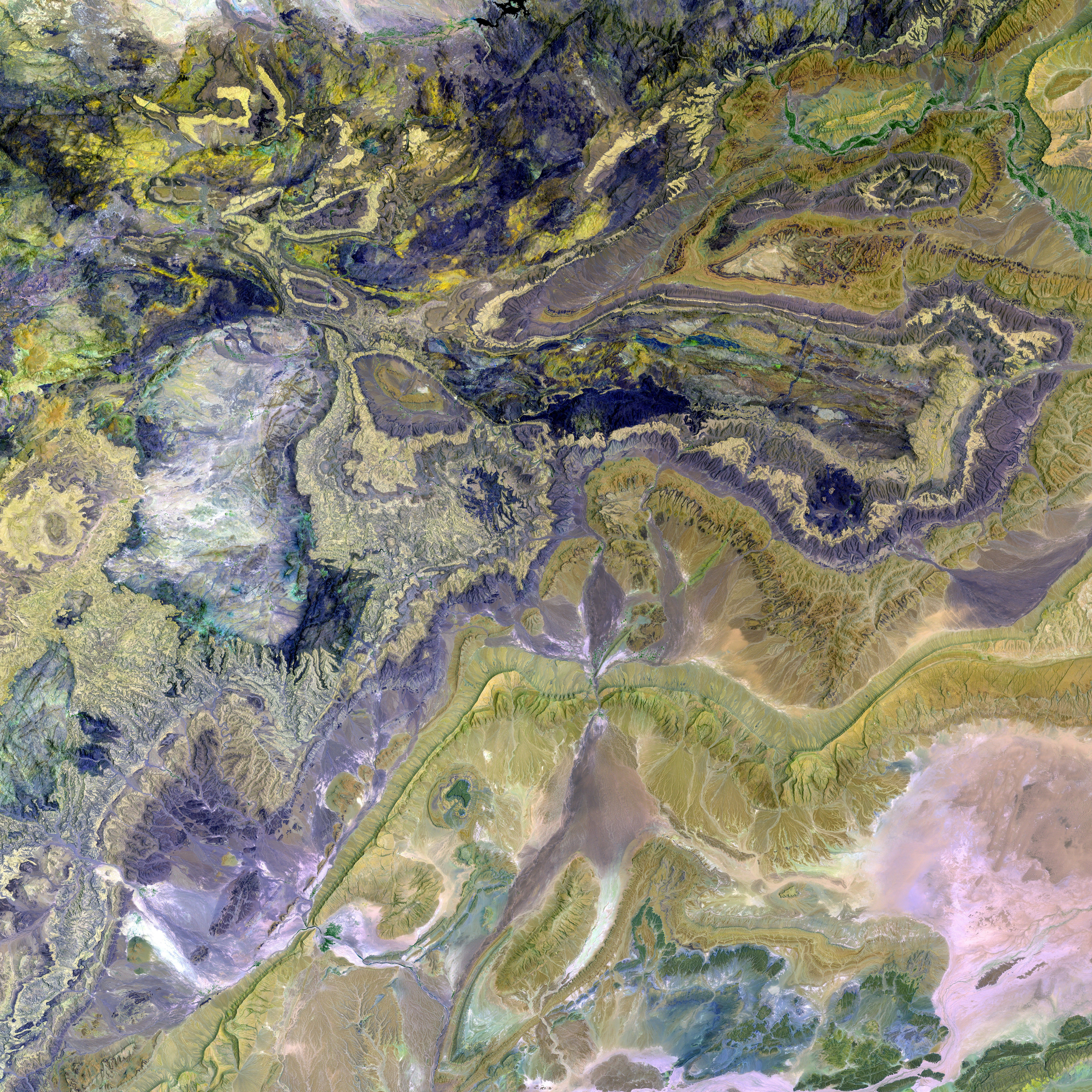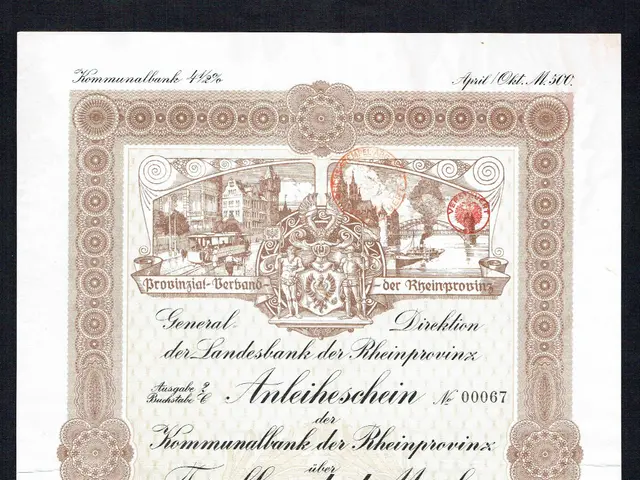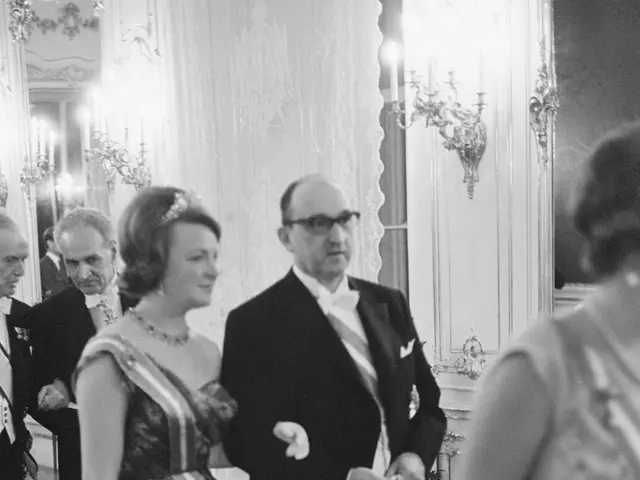Author William Dalrymple delves into the topic of 'The Golden Road' and Ancient India's lasting impact.
Host SCOTT SIMON:
Way back before Silicon Valley, there was India's Golden Road - the route that connected the Roman Empire in the West with Korea and Japan in the East. Historian William Dalrymple's new book, "The Golden Road: How Ancient India Changed the World," dives deep into this fascinating journey. Let'
's hear from William himself, who's joined us today from Houston on his U.S. book tour. Thanks for being here!
William DALRYMPLE: Cheers, Scott! Thanks for having me on.
SIMON: So, William, ancient India is often called a crucial economic fulcrum and civilizational empire. But where do we start when talking about its impact on the world?
DALRYMPLE: Well, it's all in the philosophies and ideas. Over half the world today has beliefs rooted in India - we're talking about Buddhism and Hinduism, amongst others. But there's more to it than that. Remember the number system we use? Yup, that's the one Indians invented, even though it's usually attributed to the Arabs in the West. Without it, we wouldn't have algebra, algorithms, binary, or much of higher mathematics.
SIMON: Right, and let's not forget the decimal system and the concept of zero.
DALRYMPLE: Exactly! And it's only in the last 40 or 50 years that people have really realized how many ideas came to Europe from the Arab world. But still, few in the West know they originally came from India.
SIMON: What do you think accounts for this ignorance in the West?
DALRYMPLE: Well, it probably has something to do with the Victorian British running down the subtlety and brilliance of Indian learning during the colonial era. Guys like Macaulay in the 19th century were known for saying that a single shelf of a good English library was worth all the native literature of India and Arabia. Although we laugh at those attitudes today, their import still exists in our education system.
SIMON: What about India's positioning that made it such a trading and cultural hub?
DALRYMPLE: It's all about the meteorology, really. The unique wind system that comes from Tibet means that in India, you have the monsoon winds, which blow in one direction six months of the year, then reverse and blow back out. This created a huge maritime trading network, with Indian merchants establishing communities across East Africa, the Red Sea, Singapore, and Burma, among other places.
SIMON: Tell us about the Indian influence on faith and belief, starting with the birth of Buddhism.
DALRYMPLE: Buddhism is often seen as a very otherworldly religion today, but early Buddhist monasteries were like banks, lending money to merchants and serving as shelters. Buddhist ideas spread rapidly, eventually conquering China and other regions. In fact, Sanskrit, the sacred Indian language, was used all the way from Afghanistan to Bali in Indonesia.
SIMON: So, you traveled for five years, researching this book. What was the most surprising discovery?
DALRYMPLE: I was surprised by how much specialist scholars know about Indian history and culture but how this knowledge hasn't reached popular consciousness. I think it's high time more people learn about the significant contributions India made to the world.
SIMON: William Dalrymple's new book, "The Golden Road: How Ancient India Changed the World." Thanks so much for being with us!
DALRYMPLE: Thanks, Scott. It's been a great pleasure! Transcript provided by NPR, Copyright NPR.
- The philosophies and ideas originating from ancient India have influenced half the world's beliefs, including Buddhism and Hinduism.
- The number system we currently use is an invention of the Indians, despite common misattributions to the Arabs in the West.
- In the realm of education, the impact of ancient India has been diminished due to colonial-era attitudes that persist in Western education systems.










